Several times a week, I drive over a Hudson River bridge to pick up my daughter from her school in Troy, NY, and bring her back home to the Albany side. Back and forth I go, and every time my eye wanders to the frozen surface below. Even when it’s dark and there’s nothing to see, I look down and sense the expanse.
I’m not quite sure how the idea crept into my mind, but once there, it lodged and grew. Could I walk across the Hudson? It’s been a very cold winter. Not just cold, but consistently cold. The river’s surface has been solid since the new year. It easily held up the 20 inches of snow we got in mid-February. It sported puddles on the ice when temperatures hit 50 degrees about a week later.
I wondered and daydreamed and fantasized. At some point I realized that there must be others out there, thinking the same thing, feeling the same pull. That’s when I started to scheme. Perhaps there was a secret place where people walked on the river. Perhaps there was a wacky upstate New York event celebrating a frozen winter. Perhaps I could really do this. Continue reading
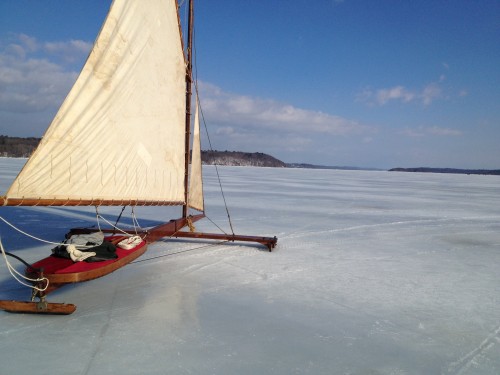

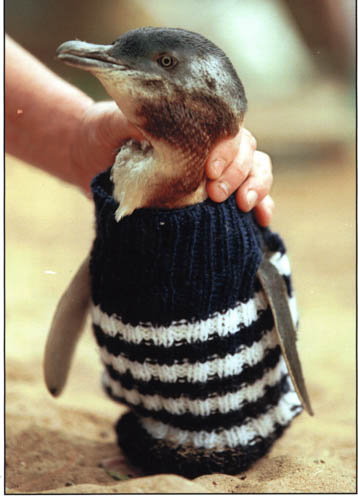
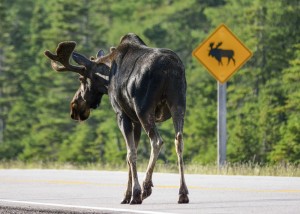 March 10 – 14
March 10 – 14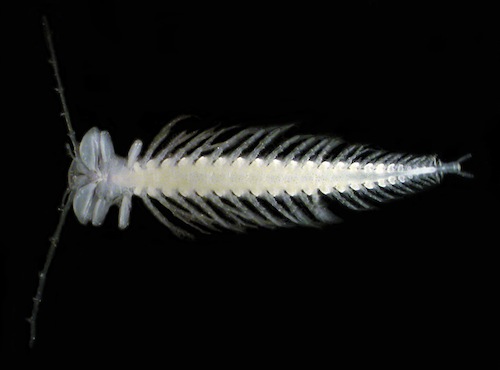
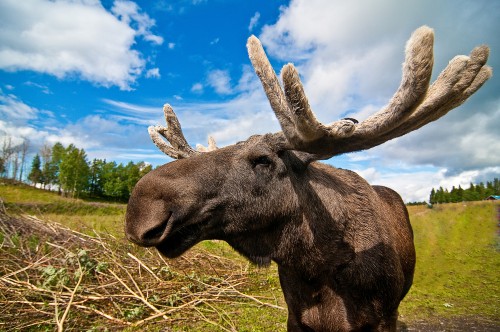

 This week, a great white shark named Lydia may be
This week, a great white shark named Lydia may be